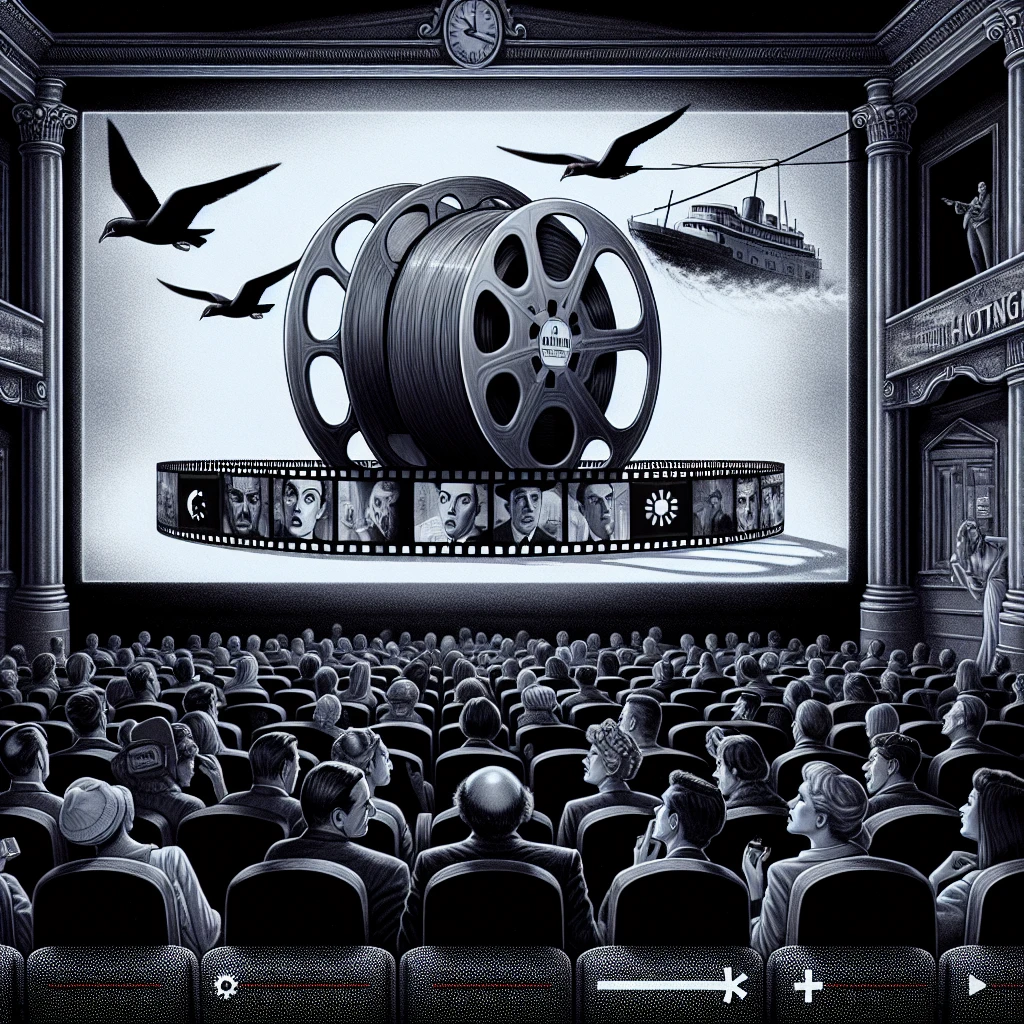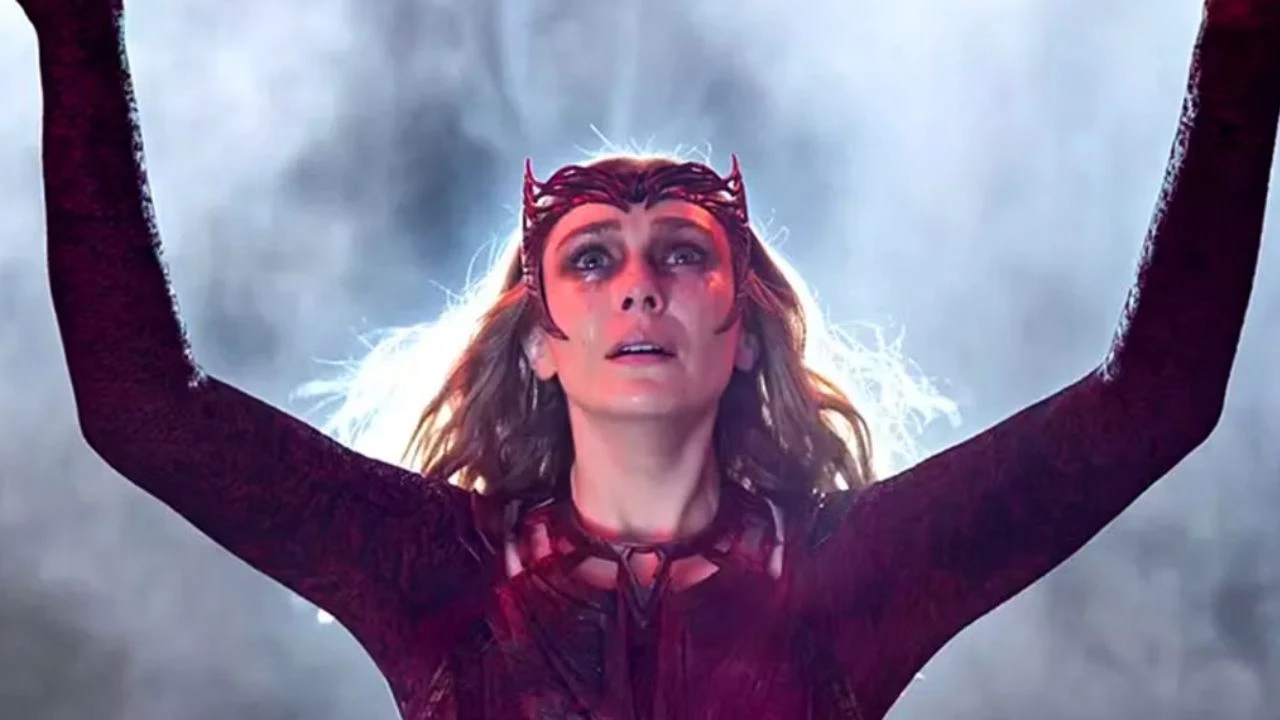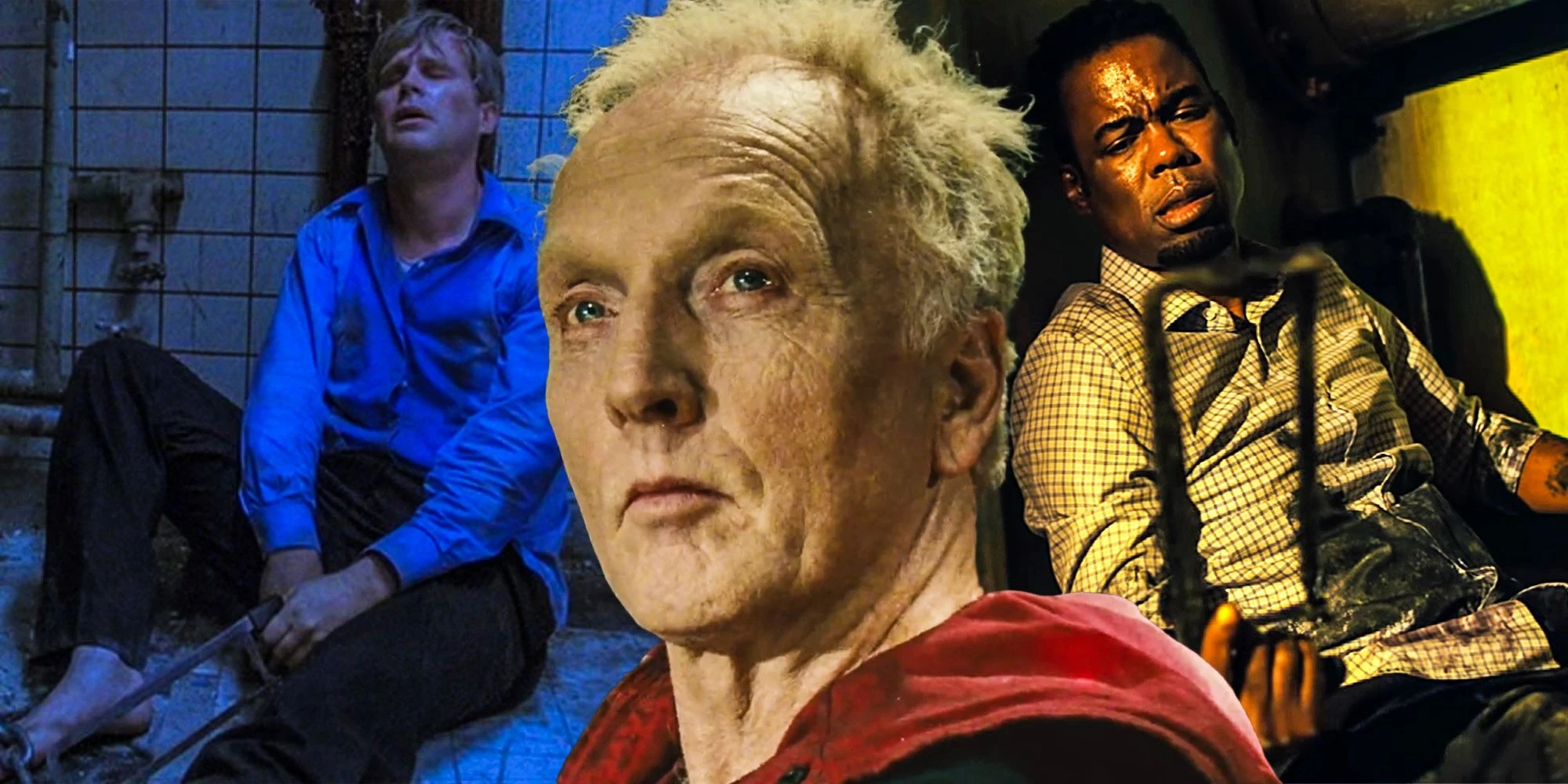The Viral Experience of Watching Psycho on Streaming
A film enthusiast’s recent encounter with Alfred Hitchcock’s classic horror masterpiece, Psycho, has gone viral, shedding light on how streaming service practices can sometimes undermine the impact of crucial cinematic moments. Released in 1960 and featuring Janet Leigh as Marion Crane, a secretary who finds herself at the eerie Bates Motel run by Norman Bates (Anthony Perkins), Psycho is renowned for its suspenseful atmosphere and its pivotal role in shaping the slasher genre.
Streaming Services: A New Way of Watching Movies
Psycho has ignited a fresh conversation about the contemporary movie-watching experience after a Twitter user known as VHSdude shared his recent streaming experience of the film on AppleTV+. During a pivotal scene, the streaming service’s interface interrupted, shrinking the film to offer viewing suggestions, thus spoiling a key moment of tension.
The video sparked outrage across the Twitter film community. Users like @juneameliarose criticized the interruption, @NotJustAnyPod lamented the missed visual impact, and @DerekBGayle drew parallels to similar broadcast blunders. Meanwhile, @ChloeNumberIII speculated on other films that could suffer similar fates, and @AdmiralBlue5 along with @RachelLeishman humorously questioned what might have been recommended next. Others, including @EricFrancisco24, @KeyJay115, and @Jtaylor0_3, highlighted how such practices diminish the recognition of creative efforts. Even comedian Patton Oswalt expressed his dismay at the disruption.
Why Psycho’s Ending Is a Landmark in Horror Cinema
Hitchcock’s Mastery of Suspense
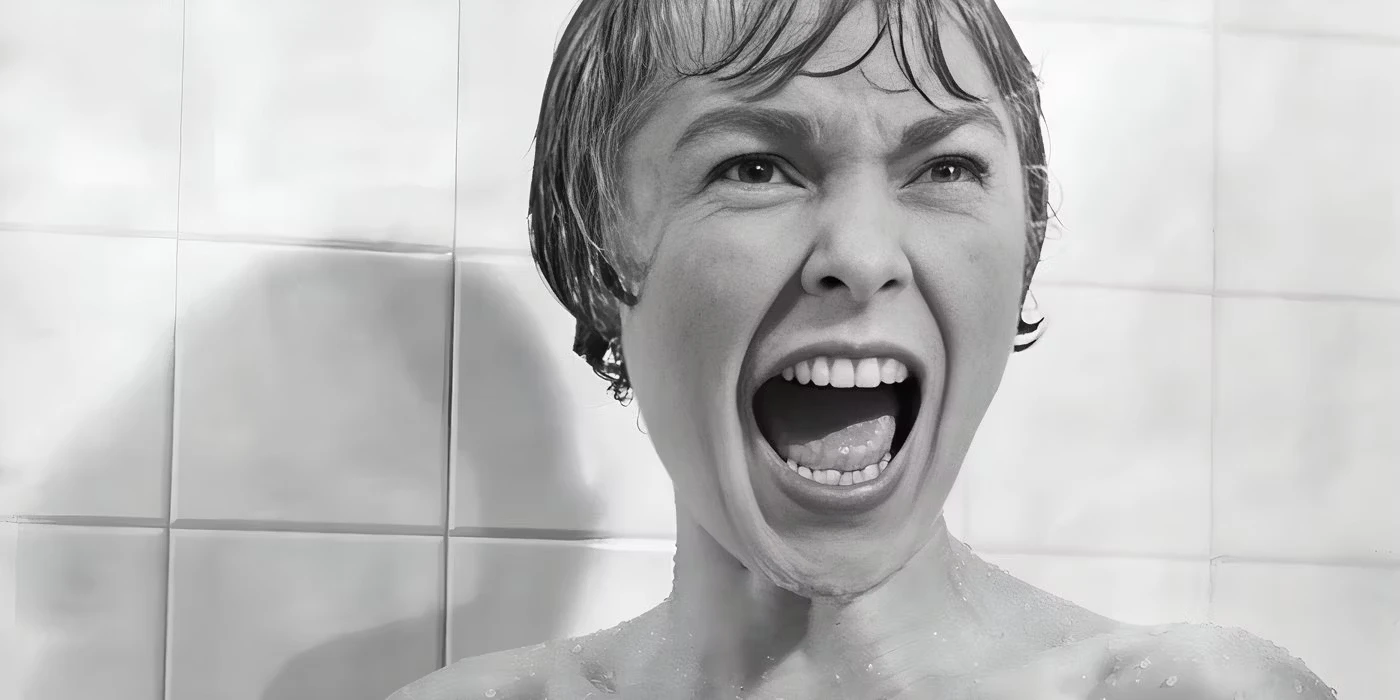
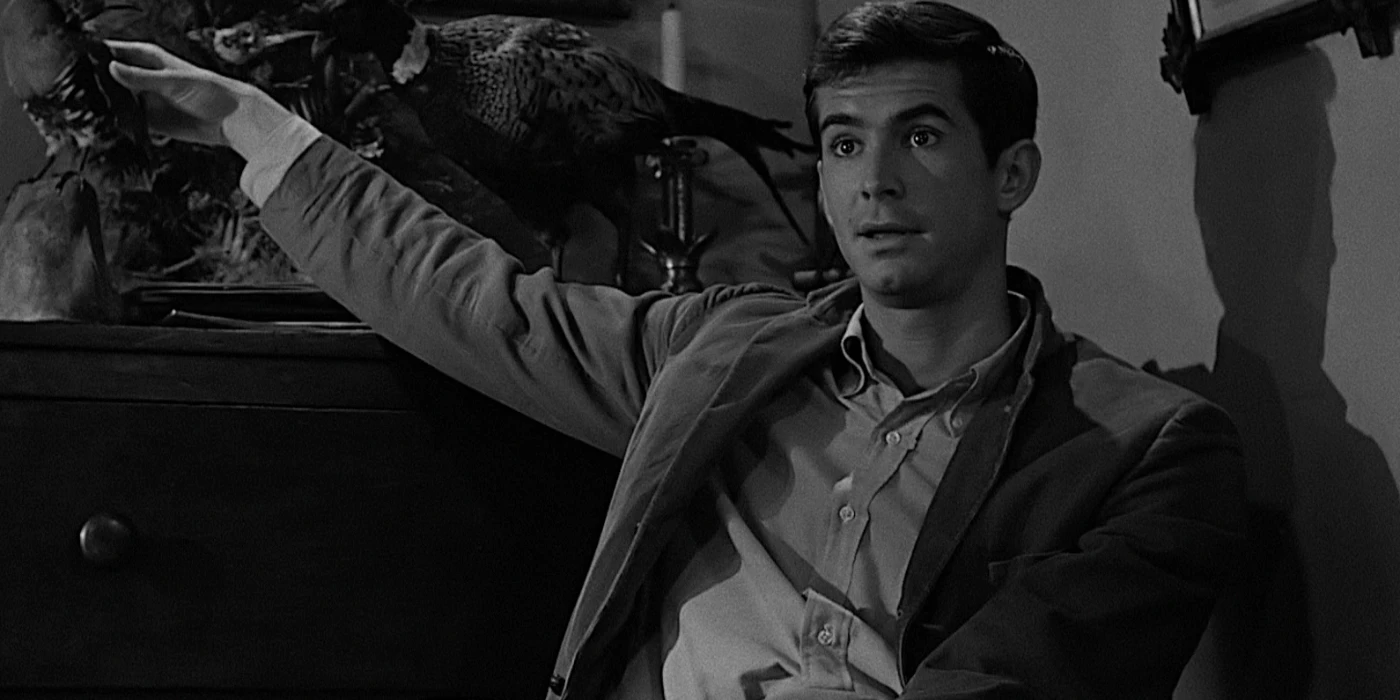

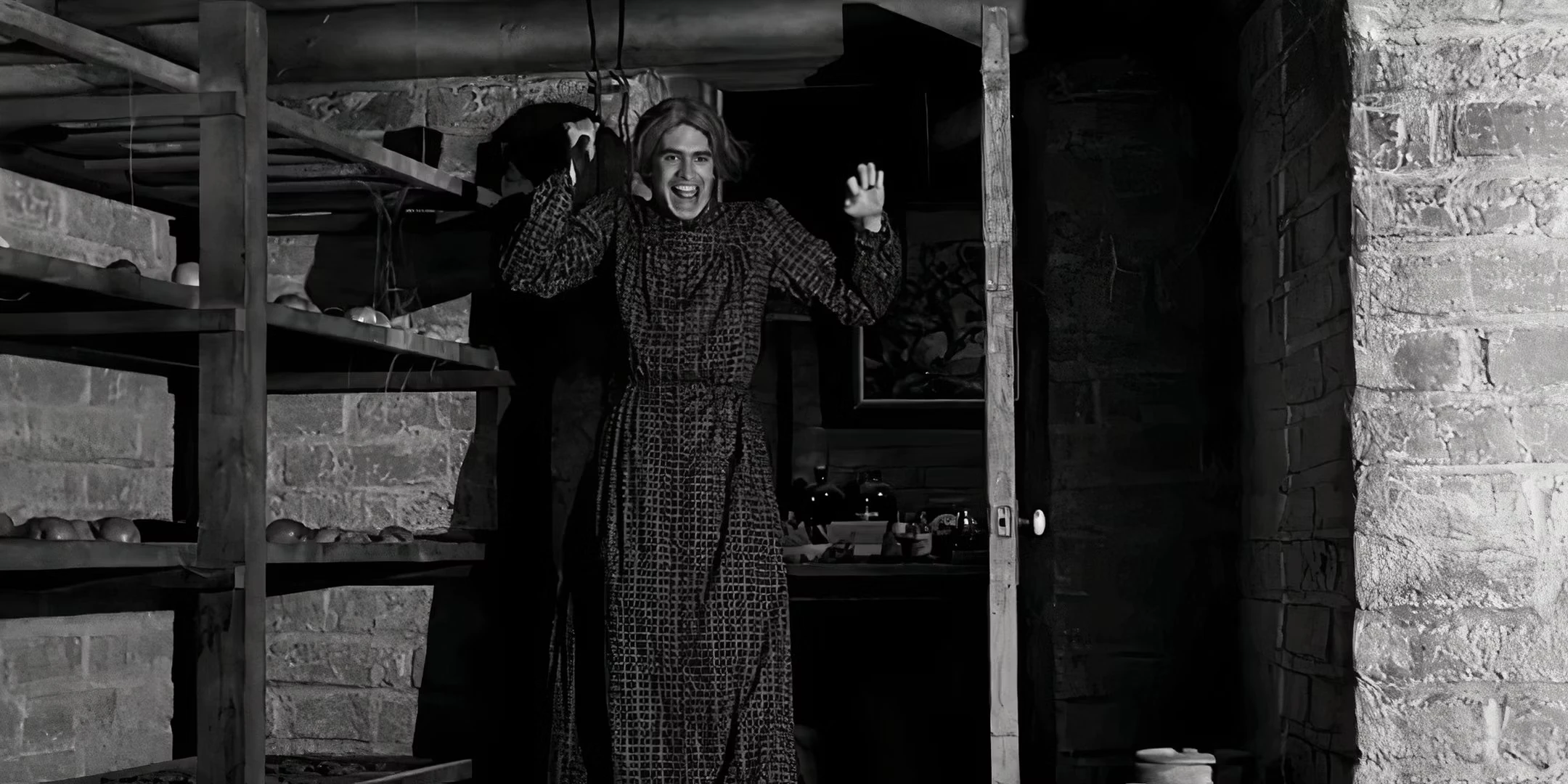
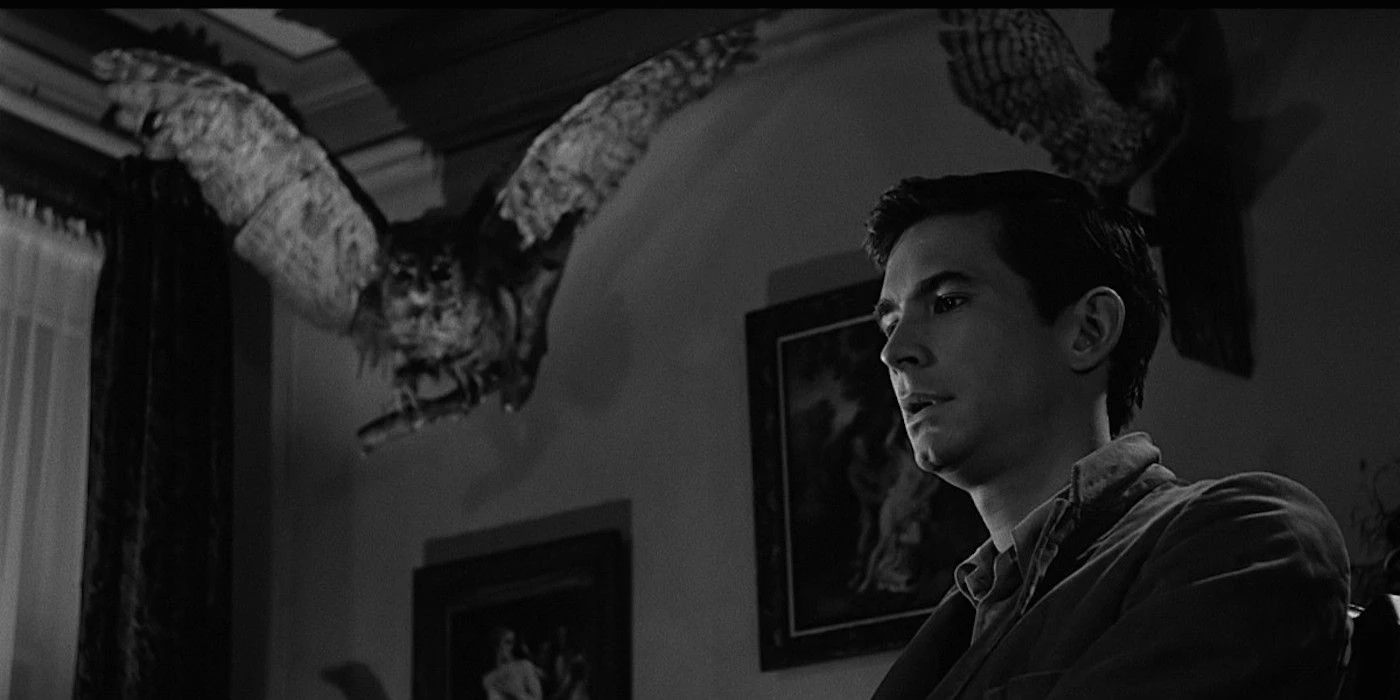
In the climactic finale of Psycho, viewers find Norman Bates in a police cell, with a voice-over from Norma Bates (Virginia Gregg) declaring that her son committed all the crimes. As the monologue continues, it becomes apparent that the psychiatrist’s diagnosis was accurate—Norma has become another facet of Norman’s personality. This revelation is powerfully underscored by the haunting image of Norma’s corpse superimposed over Norman’s eerie smile.
Throughout the film, Hitchcock skillfully maintains ambiguity about the true identity of the “Psycho,” whether it is Marion, driven by guilt, Norma’s controlling presence, or Norman as an unwitting participant in his mother’s deeds. The ending solidifies the fusion of Norman and Norma, affirming Hitchcock’s title as the Master of Suspense by keeping audiences in suspense until the very last frame.
Our Take on the Streaming Cutaway Incident
The Impact of Streaming Service Priorities on Classic Films
Many classic films are compromised by the priorities of streaming services. These platforms measure success by the duration of viewers’ engagement, leading them to prompt continued viewing with immediate recommendations. This drive for engagement has also led to the premature truncation of credits and title sequences.
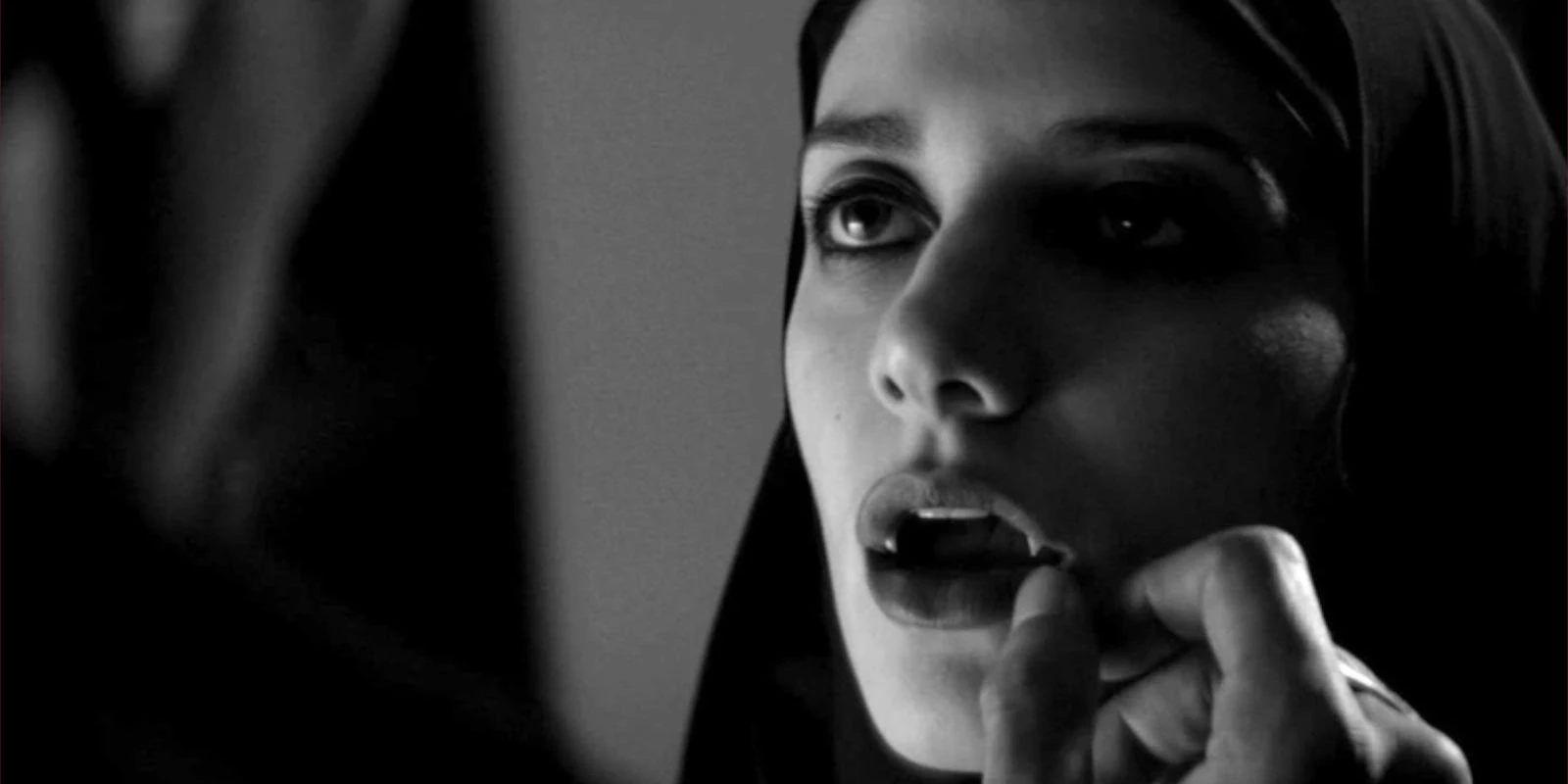
10 Scariest Black And White Movies Of All Time, Ranked
While this may suit modern films with credits following the narrative, it disrupts older movies, particularly those made before the 1970s, which often integrated credits into the opening sequences. Iconic moments from classics like Some Like It Hot and Casablanca have likely been marred by similar algorithmic interruptions. The recent Psycho incident highlights a broader issue affecting the preservation of cinematic integrity in the streaming age.
Source: Various (See above)
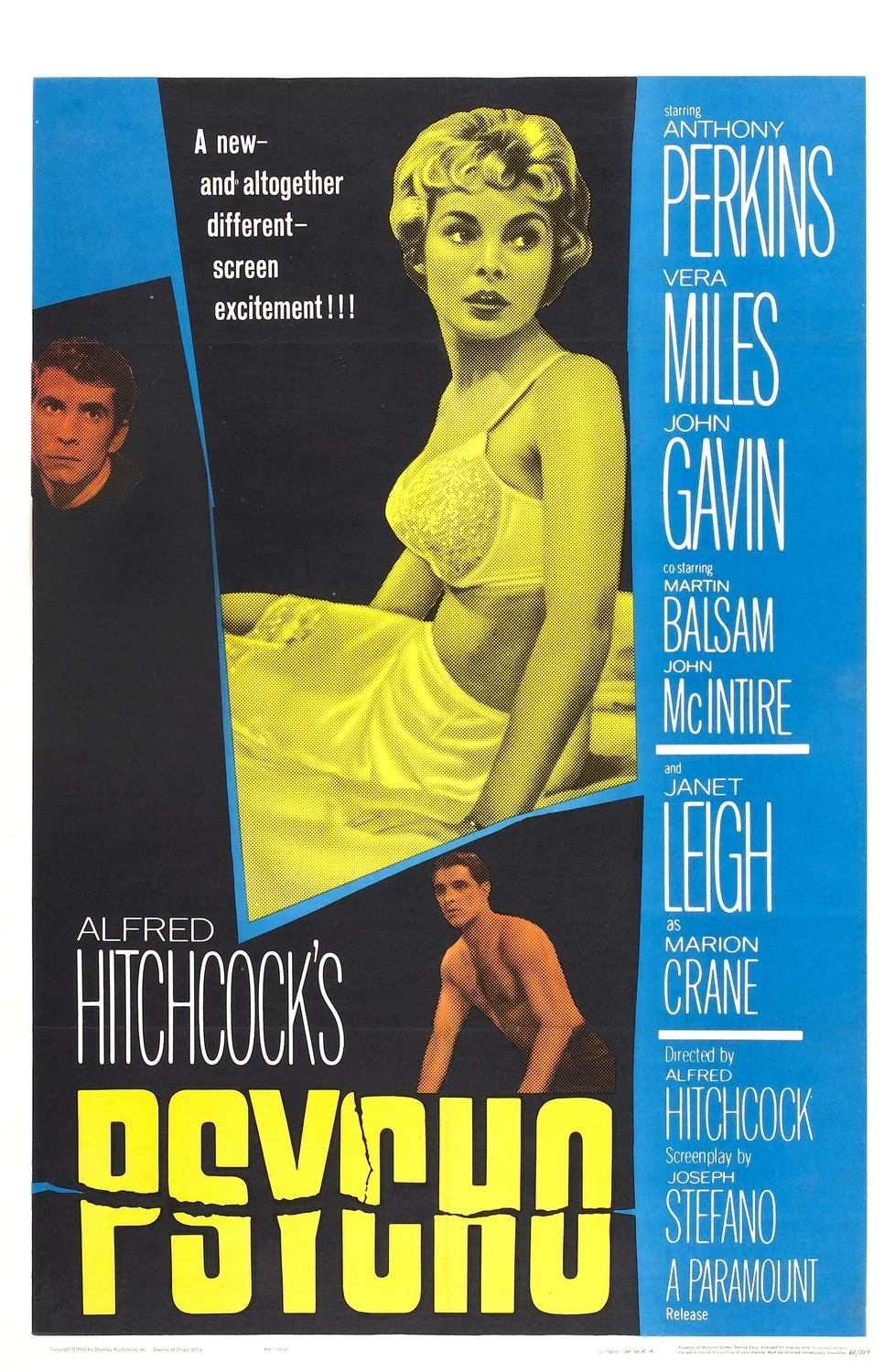
Psycho
- Horror
- Mystery
- Thriller
In this now-iconic Alfred Hitchcock thriller, a secretary embezzles forty thousand dollars from her employer's client, goes on the run, and checks into a remote motel. The place is run by a young man under the domination of his mother -- and he soon turns out to be far more threatening than he appeared at first.

